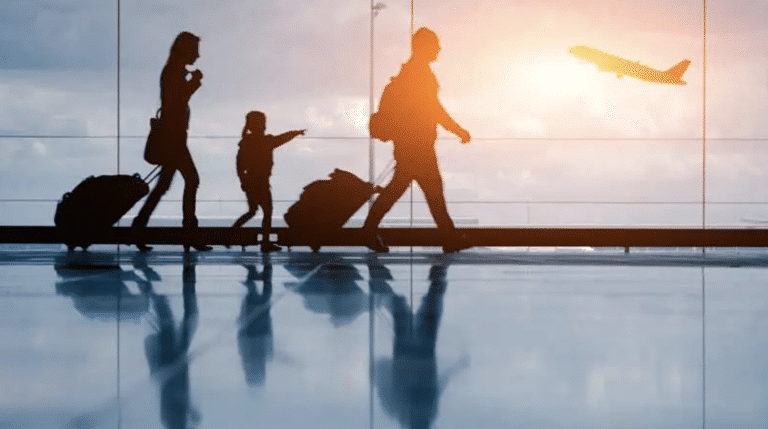Visiting a new country can be exciting, but it can also be challenging to adjust to a new culture. It can be especially difficult if the culture is very different from what you are used to. This can include differences in language, food, customs, and social norms. Language barriers can make it challenging to navigate daily life and add to a sense of isolation. Plus, there’s just plain old homesickness.
Any time you’re visiting a new country, it makes sense to find luggage storage so you aren’t having to cart every piece of baggage with you as you explore the sights and risk losing it or having it stolen. Most major cities will conveniently store luggage near airports, train, and other travel terminals, such as luggage storage in Roma Termini.
Before you make your big trip, here are a few more tips on overcoming culture shock and adjustingt to a new country.
Contents
1. Learn About the Culture
Start by reading books, articles, and other materials about the country’s history, customs, and traditions. This can give you a good foundation for understanding the culture. Watch movies and TV shows that are set in the country you will be visiting. This can give you a sense of the country’s culture and everyday life. Listen to music and podcasts to learn more about the local culture, language, and way of life.
2. Embrace the Local Culture
Try to embrace the new culture by participating in local customs and events. Reach out to friends or acquaintances from the country and get some tips about learning basic phrases in the local language. Ask about local customs and traditions, such as how to greet people, what to wear, and how to behave in public. This will help you avoid inadvertently offending locals, show respect for their culture, and feel more integrated and less like an outsider.
3. Make Connections
Use social media platforms like Facebook, Twitter, and Instagram to connect with locals in the country you will be visiting. Join language exchange programs like iTalki, Tandem, or HelloTalk to connect with native speakers of the language spoken in the country you will be visiting. Look for travel forums and websites like TripAdvisor, Lonely Planet, or Couchsurfing to connect with other travelers and locals in the country you will be visiting.
4. Keep an Open Mind
Be open to trying new foods, experiences, and activities that may be different from what you’re used to. This can help you fully immerse yourself in the local culture and gain a deeper understanding of it. Avoid making assumptions about the culture based on stereotypes or generalizations. Keep an open mind and try to approach the culture with an open and curious attitude.
5. Be Patient
Adjusting to a new culture takes time, so be patient with yourself. Try not to judge based on your own cultural norms. Instead, try to understand why things are done differently there. Don’t expect to feel comfortable right away, and don’t get discouraged if you experience culture shock. It’s normal to feel overwhelmed at first. Be patient and flexible as you adapt to new customs and ways of doing things.
6. Stay Connected With Home
Staying connected with family and friends back home can provide emotional support and comfort, helping you cope with any feelings of culture shock or homesickness. Sharing your experiences with friends and family back home can help you process and reflect on your cultural experiences. It can also help you gain new insights and perspectives as you discuss your experiences with others. Staying connected with home can help you reaffirm your identity and values, providing a sense of grounding and stability.
Conclusion
Traveling to a new country can be an exciting experience, but you can get even more out of it if you make the effort to overcome culture shock. Adapting to a new culture can provide a deeper understanding of the local customs, traditions, and way of life. This can help you better appreciate the diversity of human experience and build empathy and understanding for people from different cultures.
Adapting to a new culture often requires learning a new language or improving your communication skills. This can help you become a more effective communicator and may even improve your career prospects in the future. It can help you become more resilient, adaptable, and open-minded, and may even lead to new interests and hobbies. By fully immersing yourself in the local culture, you can gain a deeper understanding of the country and its people and make lasting connections.

